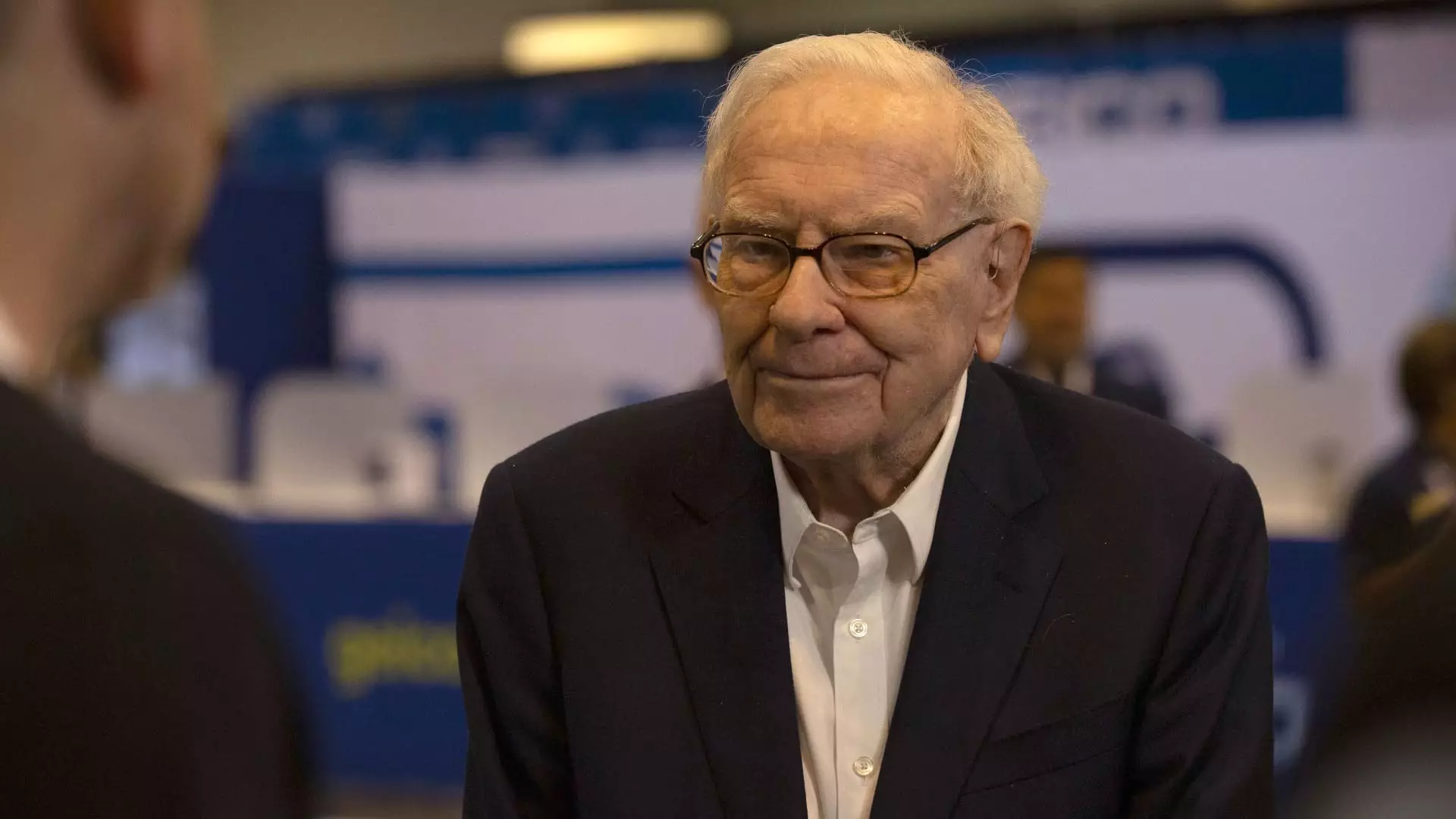Warren Buffett’s Berkshire Hathaway has recently made headlines by selling off a significant portion of its shares in Bank of America (BofA), bringing its ownership below the crucial 10% threshold. As reported in a filing with the U.S. Securities and Exchange Commission (SEC), Buffett divested more than 9.5 million shares during a series of transactions that took place over just a few days. This move has led to Berkshire holding approximately 775 million shares, which equates to about 9.987% of BofA’s equity. With this reduction, Berkshire is now exempt from the same level of reporting obligations required for larger shareholders, thus raising questions about the future course of Buffett’s investment strategy.
Buffett’s decision comes amidst a broader backdrop of banking instability and reflects a deliberate pivot away from traditional banking stocks. This is especially intriguing given his historically strong position as BofA’s major institutional investor—an association that has spanned years and was initially solidified through a substantial investment during the aftermath of the subprime mortgage crisis. The nuances of such a reaction to market conditions beg further scrutiny.
Despite Buffett’s sell-off, shares of Bank of America have shown slight resilience, experiencing only a marginal increase of about 1% over the prior month. CEO Brian Moynihan noted that the market has effectively absorbed the shares that were sold, aided by the bank’s repurchasing strategy. However, the optimism surrounding this stabilization must be handled with caution, especially considering the increasing skepticism manifested in Buffett’s recent remarks regarding the banking sector. Notably, Buffett’s track record, which includes significant investments in various financial institutions, is now marred by a growing list of divestments, including those from JPMorgan, Goldman Sachs, and Wells Fargo.
The context of these transactions illustrates a more pervasive concern regarding deposit stability in both the current and previous banking crises. Buffett’s skepticism is palpable, as he has previously acknowledged that events from 2008 still impact investor confidence today. He has proposed that the digital transformation within the banking industry, parallel to the expansion of fintech, has simplified the dynamics of bank runs—an alarming factor during instability.
Despite Berkshire Hathaway relinquishing a portion of its assets in Bank of America, the timing of Buffett’s next public disclosures continues to add an air of suspense for investors and analysts alike. The impending 13F filing in mid-November, which will reveal equity holdings as of September’s end, will be crucial to understanding Buffett’s strategic posture moving forward.
Though Berkshire remains a significant player in BofA, Buffett’s recent selling patterns point to a strategy that hinges on caution and adaptability in the face of evolving market conditions. This shift is not merely a reaction to stock performance but reflects broader concerns about systemic risks within the banking infrastructure.
Ultimately, the actions of Warren Buffett and Berkshire Hathaway may serve as a bellwether for investor sentiment regarding banks and their future profitability. As the financial landscape continues to shift, watching Buffett’s next moves will be essential for gauging potential changes in market trends. The weighting of Buffett’s decisions and the rationale behind them underscore a vital juncture in his investment philosophy, shaped by historical lessons and contemporary realities.

